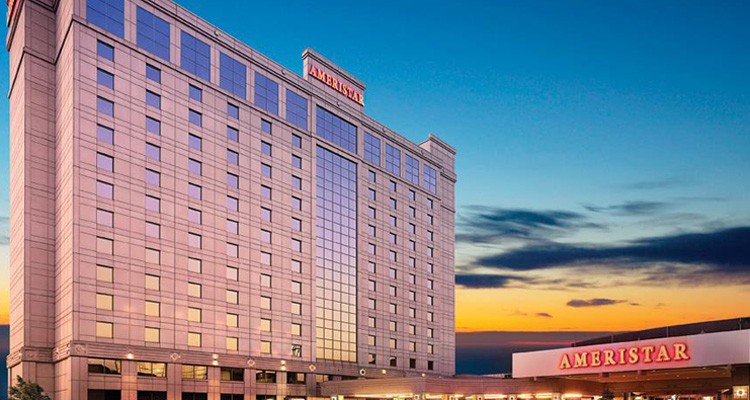A union is opposed to the proposed sale of Pinnacle Entertainment Inc.’s casinos to Gaming & Leisure Properties Inc. and at a meeting on Thursday asked the Indiana Gaming Commission to nix the plan, on the grounds that state allocations would be exceeded by the deal.
According to a copy of the statement given by Noah Carson-Nelson, a Unite Here research analyst, which was provided by the union, Pinnacle Entertainment owns a casino in East Chicago and in Florence, while Gaming & Leisure owns a casino in Lawrenceburg. Indiana state law prohibits entities from owning more than two properties in the state.
In July Las Vegas-based Pinnacle said it would sell its 14 casinos, in a deal valued at $4.75 billion including debt, to Gaming & Leisure. This type of deal allows casino owners to sell or convert properties into real estate investment trusts (REIT), enabling them to trade higher on the stock market because they aren’t burdened with long term property debt and enjoy breaks on federal income taxes.
According to a union website, there is a long-running contract dispute between Unite Here and Pinnacle’s East Chicago casino. As an REIT, Gaming & Leisure is landlord to casinos operated by others. In 2013 when Gaming & Leisure in Indiana was spun off from Penn National Gaming, according to the union it received a “suppliers license” which is normally only given to companies providing goods and services to casinos. That suppliers license may serve as the basis for Gaming & Leisure’s argument why it would be exempt from the state’s two-casino limit. The union said that possibility was absurd given the level of control Gaming & Leisure had in the casino. The union added, “It also sets a dangerous precedent just as other national gaming companies are considering creating their own REITs and leasing their properties to captive or third-party operators.” Responding to that, Gaming & Leisure said that the deals with Pinnacle and Penn National keep the operator the license holder. Gaming & Leisure’s Chief Financial Officer Bill Clifford said, “Unite Here is simply trying to manufacture obstacles with complete disregard for the facts or clear interpretation of applicable law,” according to Bloomberg.
Nationally, approximately 275,000 hospitality workers are represented by Unite Here, with about a third working in casinos.
The Pinnacle move has also been opposed by the union with the U.S. Federal Trade Commission and Missouri regulators.
On October 15 Pinnacle said authorities in Mississippi approved the transaction and applications were on file with six remaining state regulators.


